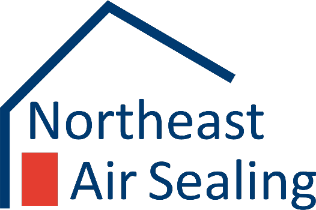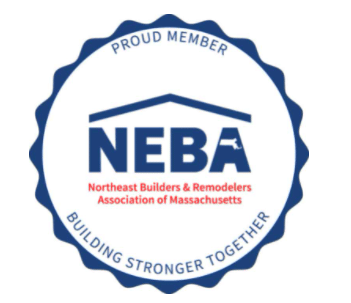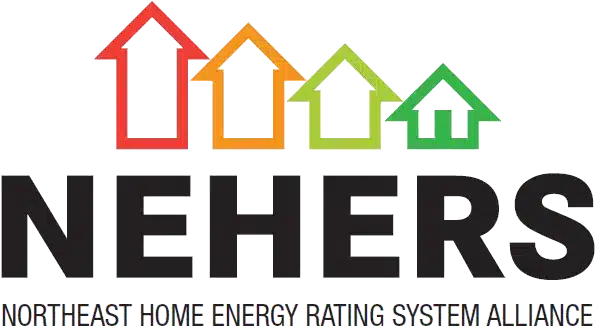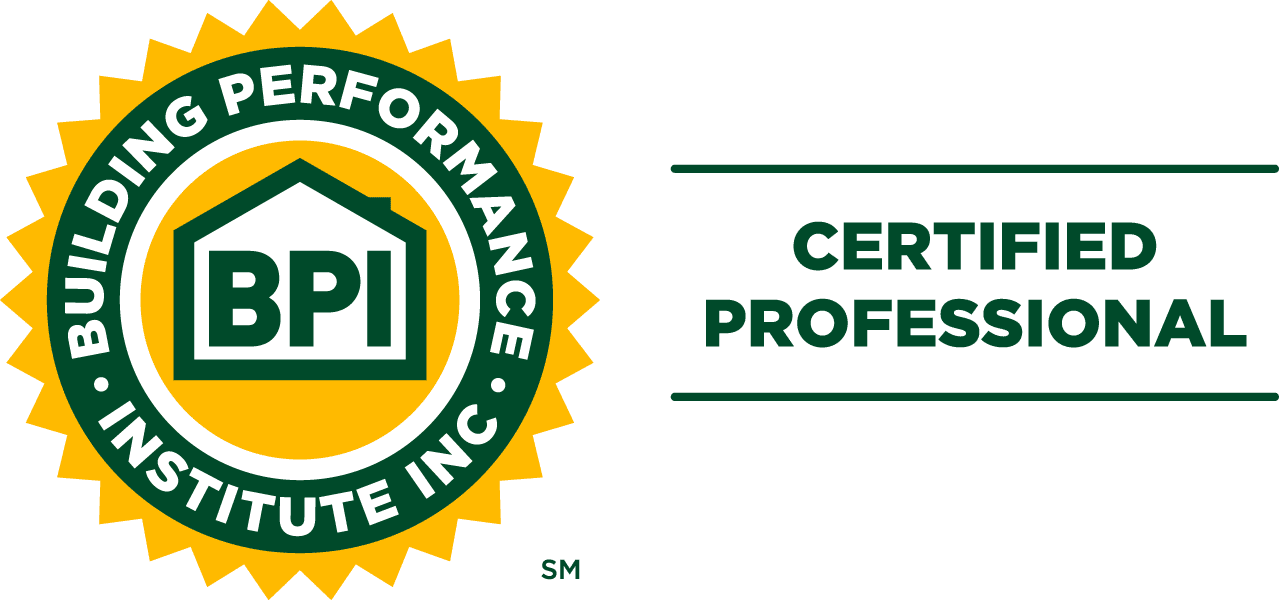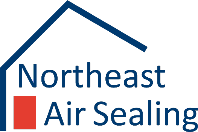More and more homebuyers in Southern Maine, New Hampshire and Northern Massachusetts are asking builders for certified green homes. One of the crucial factors in these types of single-family homes is the necessity to create as airtight an envelope as possible. Whether it’s LEED, Passive House, Energy Star, Zero Energy Ready or other criteria you’re applying, AeroBarrier air sealing will help builders and architects meet any level of air tightness for new construction projects.
How Does AeroBarrier Air Sealing Work?
AeroBarrier air sealing uses air pressure to drive aerosolized sealant into the small gaps and cracks in a home’s exterior envelope. When the structure is framed in, prior to flooring, cabinet or other fixture installation, the expert installers at Northeast Air Sealing will set up a blower door in one of the exit doors. The AeroBarrier application spray units are then set up to provide coverage in all areas of the home. Larger gaps over ½-inch are sealed with expansion foam prior to AeroBarrier application.
The blower door is activated, creating negative pressure inside the building, and the AeroBarrier applicators are turned on. Even gaps and cracks as small as a human hair are then filled in with the aerosolized sealant. Careful monitoring of the air pressure levels by the professional Northeast Air Sealing technician will determine when the desired level of sealing has been reached. Once the process is finished, Northeast AirSealing also provides the required blower door testing certificate for Portsmouth NH or Haverhill MA inspection and codes.
AeroBarrier Air Sealing Saves Time and Money
Beside superior sealing qualities, AeroBarrier is fast—most applications take 60-90 minutes from set up to clean up, saving hours of tedious hand sealing and guesswork, not to mention expensive repeat blower door tests. Results are guaranteed to meet all local code requirements and any high performance certified green home rating requirements. Your home builder crew stays busy and your timetable stays on track!
Benefits of AeroBarrier Air Sealing
If you’re a LEED architect or Energy Star home builder, you might be wondering what the pros and cons of AeroBarrier air sealing are. Pros include efficient air sealing application, fast turnaround time, ability to achieve any desired level of air tightness, and guaranteed results. One downside may be the cost per square foot when compared to traditional air sealing methods, but generally high performance green construction has room in the budget to achieve the level of tightness required. You also know that you won’t have to find extra room in your budget to accommodate for delays when old school air sealing fails. Another downside may be some minimal preparation of flat surfaces, trim and intrusions, but with AeroBarrier application occurring prior to drywall installation or surface finish work, the efficiency of the process outweighs these concerns.
